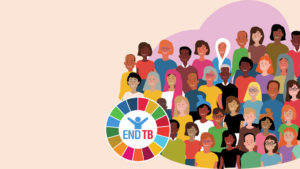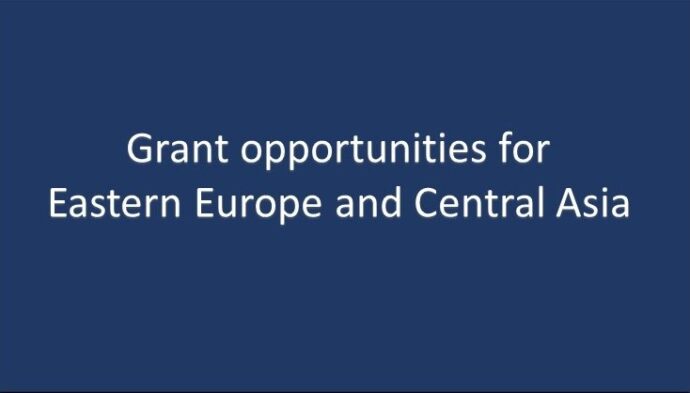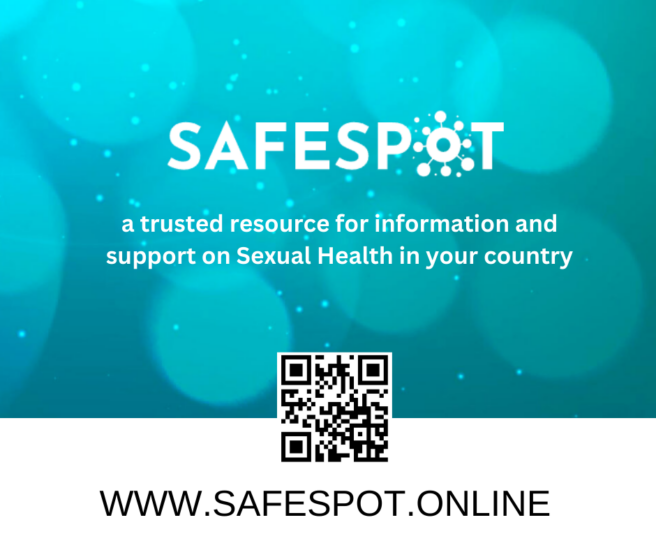 Each year, we commemorate World Tuberculosis (TB) Day on March 24 to raise public awareness about the devastating health, social and economic consequences of TB, and to step up efforts to end the global TB epidemic.
Each year, we commemorate World Tuberculosis (TB) Day on March 24 to raise public awareness about the devastating health, social and economic consequences of TB, and to step up efforts to end the global TB epidemic.
The date marks the day in 1882 when Dr Robert Koch announced that he had discovered the bacterium that causes TB, which opened the way towards diagnosing and curing this disease.
TB remains the world’s deadliest infectious killer. Each day, over 4000 people lose their lives to TB and close to 30,000 people fall ill with this preventable and curable disease. Global efforts to combat TB have saved an estimated 58 million lives since the year 2000. To accelerate the TB response in countries to reach targets – Heads of State came together and made strong commitments to end TB at the first-ever UN High Level Meeting in September 2018.
Countries in the Eastern part of the WHO European Region are most affected by the TB epidemic: 18 high-priority countries for TB control bear 85% of the TB burden, and 99% of the multidrug-resistant TB (MDR-TB) burden. These countries are Armenia, Azerbaijan, Belarus, Bulgaria, Estonia, Georgia, Kazakhstan, Kyrgyzstan, Latvia, Lithuania, the Republic of Moldova, Romania, the Russian Federation, Tajikistan, Turkey, Turkmenistan, Ukraine and Uzbekistan. Despite much progress in Eastern Europe, critical challenges remain as regards access to appropriate treatment regimens, patient hospitalisation, scale-up of laboratory capacity, including the use of rapid diagnostics and second-line Drug Susceptibility Testing (DST), vulnerable populations human resources, and financing.
The theme of World TB Day 2020 – ‘It’s time’ – puts the accent on the urgency to act on the commitments made by global leaders to:
- scale up access to prevention and treatment;
- build accountability;
- ensure sufficient and sustainable financing including for research;
- promote an end to stigma and discrimination, and
- promote an equitable, rights-based and people-centered TB response.
AFEW Partnership‘s activities are also aimed on ending tuberculosis in Eastern Europe and Central Asia. For 5 last year in Kazakhstan, KNCV and AFEW-Kazakhstan were developing a model for structural collaboration between public health (TB, HIV, primary health care) and non-public sector. AFEW International was coordinating this project.
Kazakhstan was one of the three countries selected to develop a model to strengthen engagement with non-public sector for improved quality of TB/HIV services. Almaty was chosen for the implementation of the model because it is the largest urban area in the country. The project supported the establishment of a network of NGOs that have the capacity to provide TB and HIV care to the most vulnerable populations, and build a partnership between public and non-public sectors to improve access to TB and HIV care by the development of a referral mechanism. Within the program a TB PhotoVoices Project was developed.
Resource – WHO




